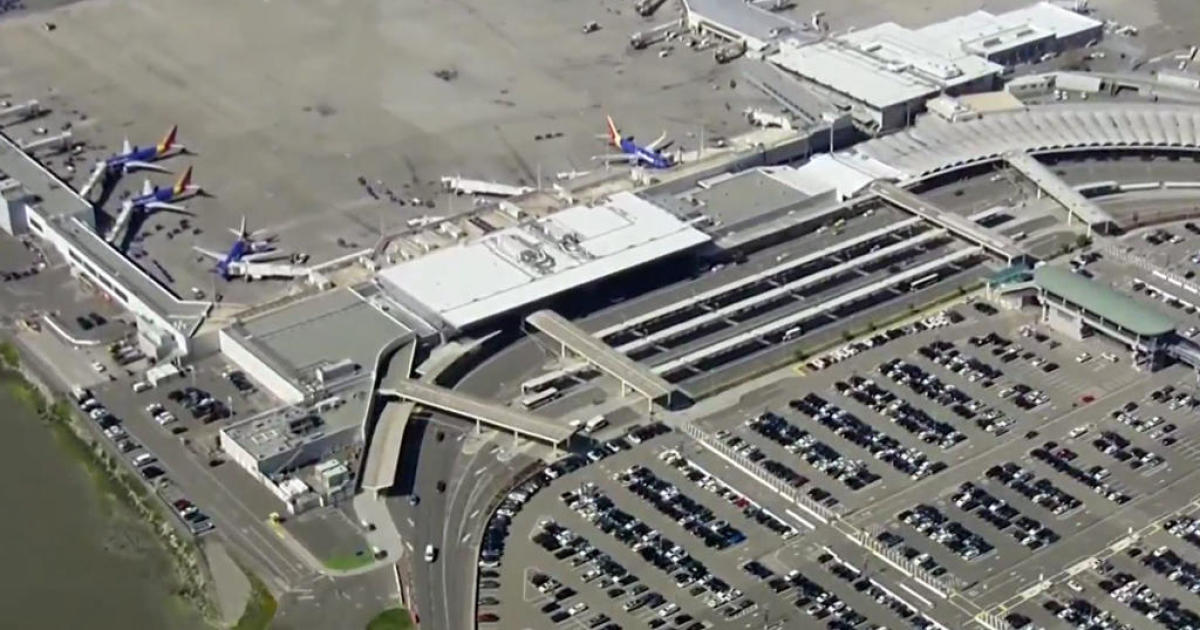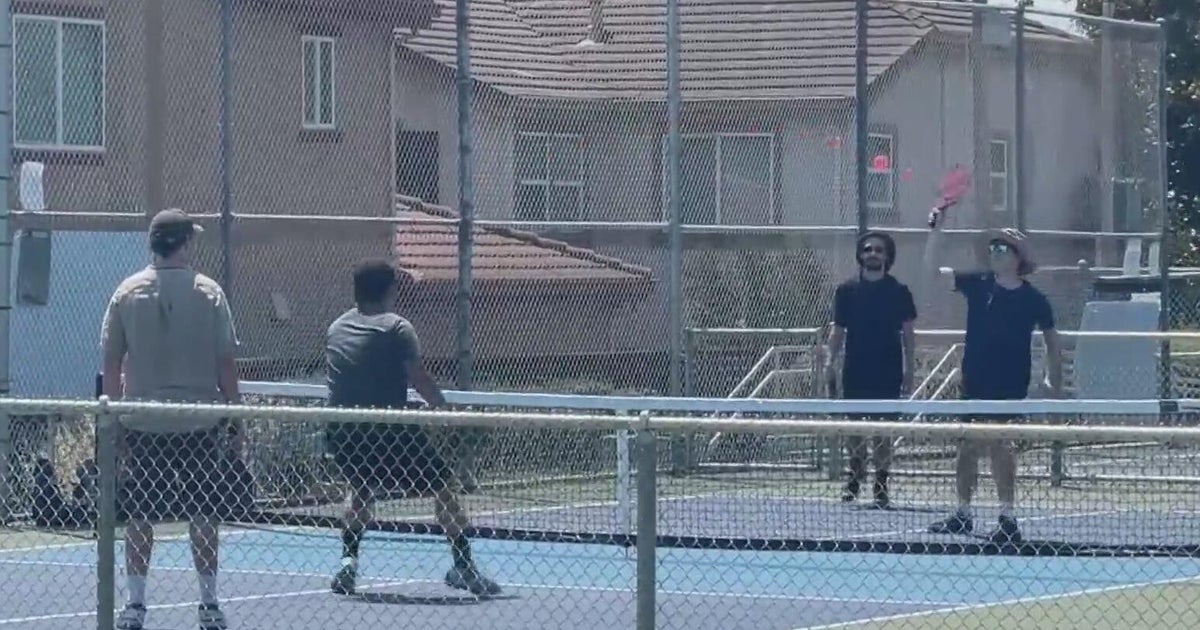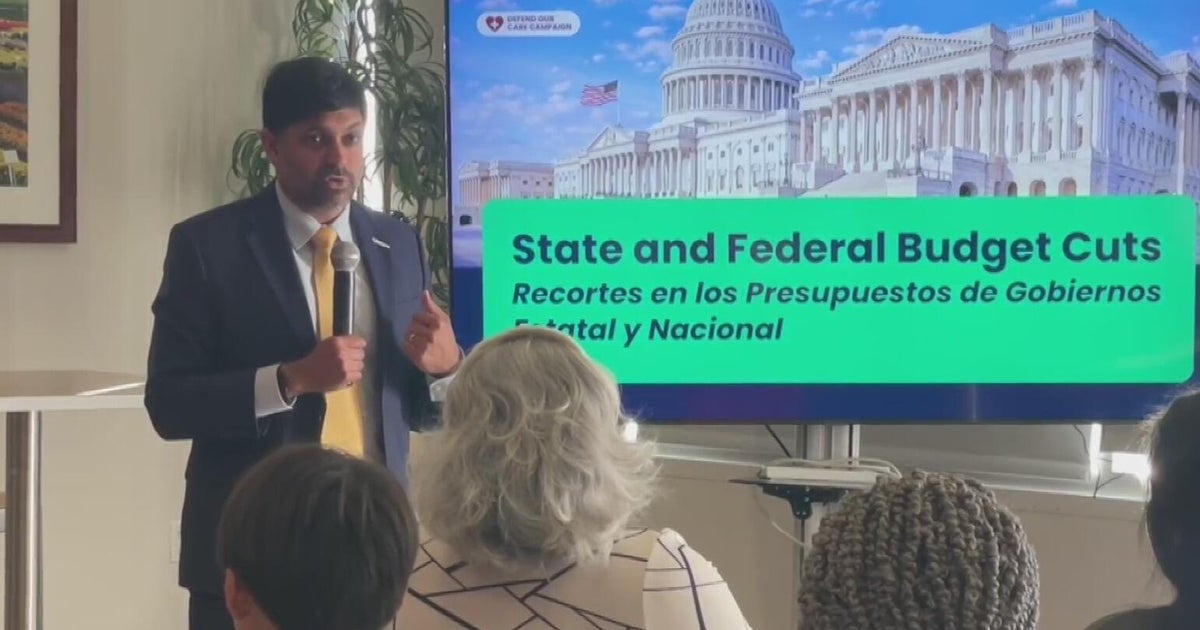New CA Law Limits Neighbors' Ability To Appeal Navigation Centers
SAN FRANCISCO (KPIX 5) -- Effective immediately in certain zoned areas, people in California cannot appeal a decision to build a homeless navigation center. The law, AB 101, applies throughout the state of California and it passed without out any "no" votes from the state Senate or Assembly.
Data shows that 47% of "unsheltered" homeless people (who are not in shelters and temporary housing) are in California. The state has 24% of the nation's overall homeless population.
"We have by far and away, the most unsheltered homeless people in California, compared to the other 49 states," said State Senator Scott Wiener (D-San Francisco). "This is an emergency; it's a humanitarian disaster."
Wiener proposed the change in the law. "We need more navigation centers and it is way too hard to open navigation centers in California and to find locations for them. It's a huge fight, there's litigation, it gets tied up for years," he said.
A proposed homeless navigation center near San Francisco's waterfront has been met with some serious neighborhood opposition including a lawsuit to prevent the project. The issue is currently being litigated, although the city is moving forward with the project in the meantime.
ALSO READ: Anger Boils Over At Fremont Homeless Navigation Center Meeting
The new law would prevent the appeals like the ones underway in San Francisco. Going forward, the process is "streamlined, it's as of right, there's no appeals, no CEQA, no lawsuits," says Wiener.
"Of course, any city is going to do outreach in the community and try to work with people in the community, but no more of this tying everything up in endless appeals and lawsuits like we've seen in the Embarcadero in San Francisco."
According to the bills' analysis, the law only applies to "areas zoned for mixed use and nonresidential zones permitting multifamily uses."
A navigation center is not the same as a traditional shelter, according to Weiner. "I like to refer to navigation centers as homeless shelter 2.0," he said.
The official term is "Low Barrier Navigation Center."
Traditional shelters often have rules requiring people to show up at a certain time and leave at a certain time the next day; they prohibit pets, separate the sexes and limit the items people can bring in. All these barriers keep some homeless people from going to the shelters.
In contrast, navigation centers are open 24 hours a day and allow pets, personal items and couples.
"An entire encampment can come in together," said Wiener. He said that once in the center, the homeless "have mental health services, job training, and addiction, housing services, and so on, so forth."
"So it's a way to get people to want to come in off the streets."
Although Wiener sees these centers as critical to helping the mentally ill and addicted people on California streets, he's not unsympathetic to the people who recoil at the prospect of a navigation center in their neighborhood.
"That's a natural human reaction and I don't want to be critical of the people who have that reaction, but we need to make sure that the system that we set up, that the structure we set up to get the job done to reduce homelessness, doesn't get caught up in neighborhood-level politics," he said.
And since local elected officials (and the people who report to them) will be making the decisions on where to put the centers, Wiener says, "there's a lot of accountability around these issues and I think overwhelmingly cities are going to continue to work with the local community, they're not just going to drop something out of the sky."
"But this is about having a good community process without having endless appeals and lawsuits," he finished.



